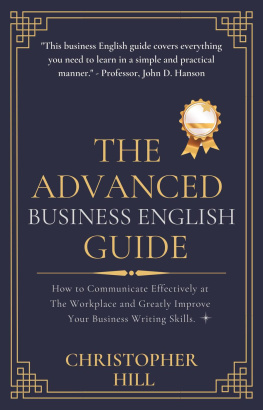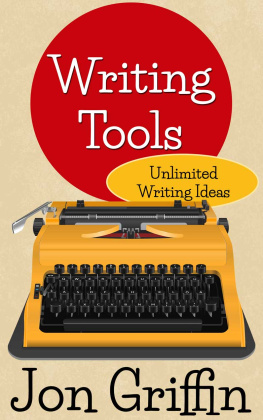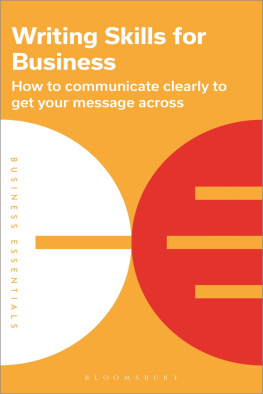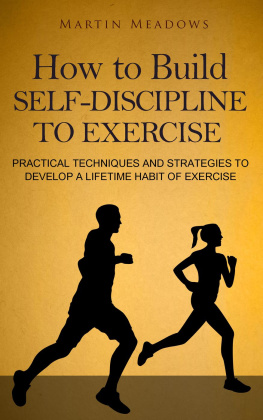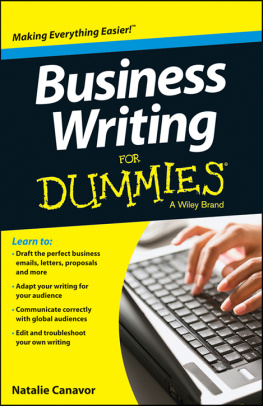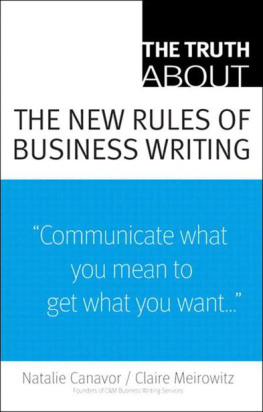PENGUIN WRITERS GUIDES
Writing for Business
Chris Shevlin was born in Stafford on the last day of 1973. He grew up in Yorkshire, but moved south in 1994 to study at Royal Holloway, part of the University of London. He now works closely with Clarity, the writing consultancy, and has written for, trained and advised a number of clients from high-profile companies. He is the author of A Simple Guide to Email, published by Pearson Education, and Cooking a Fish, a book of fiction.
The Penguin Writers Guides
How to Punctuate George Davidson
How to Write Better English Robert Allen
How to Write Effective Emails R. L. Trask
Improve Your Spelling George Davidson
Writing for Business Chris Shevlin
PENGUIN WRITERS GUIDES
Writing for
Business
CHRIS SHEVLIN

PENGUIN BOOKS
PENGUIN BOOKS
Published by the Penguin Group
Penguin Books Ltd, 80 Strand, London WC2R 0RL , England
Penguin Group (USA) Inc., 375 Hudson Street, New York, New York 10014, USA
Penguin Group (Canada), 10 Alcorn Avenue, Toronto, Ontario, Canada M4V 3B2
(a division of Pearson Penguin Canada Inc.)
Penguin Ireland, 25 St Stephens Green, Dublin 2, Ireland
(a division of Penguin Books Ltd)
Penguin Group (Australia), 250 Camberwell Road, Camberwell, Victoria 3124, Australia (a division of Pearson Australia Group Pty Ltd)
Penguin Books India Pvt Ltd, 11 Community Centre, Panchsheel Park, New Delhi 110 017, India
Penguin Group (NZ), cnr Airborne and Rosedale Roads, Albany, Auckland 1310, New Zealand (a division of Pearson New Zealand Ltd)
Penguin Books (South Africa) (Pty) Ltd, 24 Sturdee Avenue, Rosebank 2196, South Africa
Penguin Books Ltd, Registered Offices: 80 Strand, London WC2R 0RL , England
www.penguin.com
First published 2005
Copyright Chris Shevlin, 2005
All rights reserved
The moral right of the author has been asserted
Except in the United States of America, this book is sold subject to the condition that it shall not, by way of trade or otherwise, be lent, re-sold, hired out, or otherwise circulated without the publishers prior consent in any form of binding or cover other than that in which it is published and without a similar condition including this condition being imposed on the subsequent purchaser
ISBN: 978-0-14-195416-5
Contents
Acknowledgements
I am very grateful for all the help and support I have been given in writing this book. At Penguin, I would like to thank Nigel Wilcockson and especially Sophie Lazar for their patience and good advice. Rupert Morris, founder of Clarity and a true friend, helped me immensely in all sorts of ways, too many to mention. Among much else, he introduced me to Max Leonard, whose considered reactions were extremely useful for getting the book finished. Finally, I would like to thank Sofia.
Introduction
Who this book is for
This book is for anyone who has to write at work. It is for all of you who write most days but have never been told how. It is for everyone who knows that writing more effectively could make a big difference to their prospects, their status and their usefulness. It is for everyone who wants to write more effectively.
In one way or another, most people these days are professional writers. If youre a marketing manager, an advertising buyer, an executive assistant, an auditor, a banker, a mechanic, a policeman or a temp, youre a writer. You probably dont think of yourself as one, but you are. As Dr Carolyn Matalene, professor of English at the University of Southern California, says, The literacy demands made on job-holders in the Information Age are extraordinary; they must improvise their way through complex writing tasks never imagined in their English courses.
Job-holders pretty much covers it. If youre self-employed, if you work in an office, if you sell things, if you have to advise others, or if youre in academia, you are a writer. Whoever you are, in the course of your job, you almost certainly write emails, notes, reports, letters, forms, proposals, brochures, promotional material, CVs, and on and on. Many of the things you write go to people who can, directly or indirectly, affect the course of your career and of your life. The impression you make on them with your writing will have a huge effect on their opinion of you.
Although you are a writer, you are other things too, and those other things take time. You have work to do, deadlines to meet, clients, bosses, colleagues and spouses to appease, and bills to pay. You probably lack the time, inclination and shelf-space required to plough your way through the innumerable style guides, thesauruses (or should that be thesauri?), acknowledged authorities on English usage, concise dictionaries of phrase and fable, and so on.
What you need is a structured way of improving your writing in as short a time as possible so that you get the benefits without the pain. You also need a single source of answers to the questions you face when planning, writing and editing your work.
Why I wrote this book
Its easy for books like this to sound like lectures dusty, cramped harangues from semicolon obsessives to deeply patronized readers. I hope this one doesnt sound like that, and I hope its because I understand some of the reasons for peoples mistakes and hang-ups about writing.
I work for a company that helps organizations to write more effectively by training, by advising, by editing, or by doing the writing for them. We cover a lot of ground: helping staff respond to customers letters of complaint; working with teams who write proposals for winning new business; and writing articles, reports and manuals along the way. Ive worked with quite a few people now, and when I first started I was surprised by how badly people wrote. I have spent a lot of time thinking about why this should be, since the people we work with are, on the whole, very intelligent, highly qualified and often in senior jobs.
I now think that there are two main reasons. The first is simply that most jobs require people to do ever more and more difficult writing in less and less time. The second is that theyre expected to do it without any specific training or preparation. I think this makes writing quite an anxiety-laden affair for most people.
In the sixties, seventies and eighties, teaching grammar was gradually abandoned. There was plenty of evidence to show that the way it was taught before wasnt very helpful, but abandoning it altogether has meant that many people now have no framework for talking about their writing. They have no way of saying why one sentence works and another doesnt, apart from vague ideas like flow. While this may make people more creative, I think it can also make them more fearful. Most people realize that there are rules which good publications and writers follow, but they have no idea what they are, and no means of finding out.
This makes people unconfident about their writing: they have a nagging feeling that they are getting things wrong, but they dont know where to go for help. Specifically, they dont know where to go for help which they can easily apply to their situation. This leads to disorientation. Many of the resources that are supposed to help writers actually require a fair amount of expertise just to use. Most of the people who own a thesaurus dont know how to use it. In fact, most of them have never been told what it is for, so how should they be expected to use it?
The strategies that people employ to help them deal with their lack of confidence are often counterproductive. Very often, they make peoples writing much less effective than it would have been without them. These strategies include:


